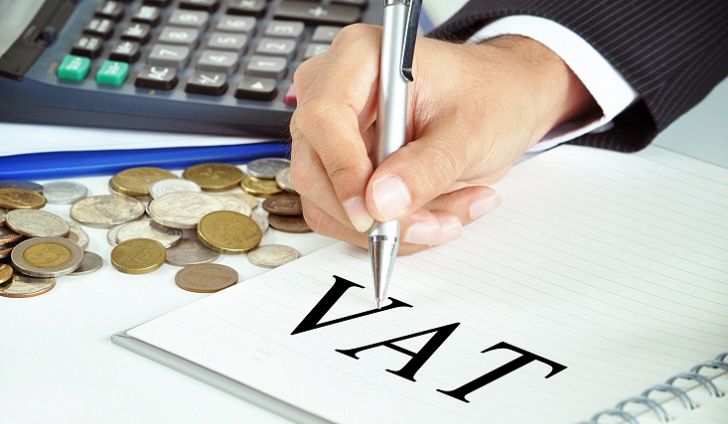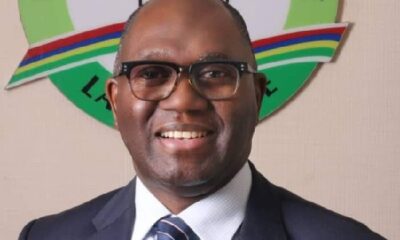- FG Raises Value Added Tax by 50% to 7.5%
The Federal Executive Council (FEC) has approved a proposed 50 percent increase in Value Added Tax (VAT) on Wednesday despite experts advising against such move given current headwinds.
The Minister of Finance, Budget and National Planning, Hajiya Zainab Ahmed, disclosed this on Wednesday.
According to her, the FEC approved a 2.5 or 50 percent increase in VAT to 7.5 percent from the current 5 percent.
The minister, however, noted that until the National Assembly approved the increment it is just a proposal.
“We also reported to Council and the Council has agreed that we start the process towards the increase of the VAT rate. We are proposing and Council has agreed to increase the VAT rate from five percent to 7.5 per cent.”
The ministry of finance and Federal Inland Revenue Service (FIRS) had complained that Nigeria’s tax revenue to gross domestic product remains low compared to other African nations.
Tax revenue recently rose from 6 percent to GDP to about 7 percent, still below 15 percent target of the Federal Government.
“This is important because the federal government only retains 15 per cent of the VAT, 85 per cent is actually for the states and local government and the states need additional revenue to be able to meet the obligations of the minimum wage. “This process involves extensive consultation that needs to be made across the country at various levels and also it will involve the review of the VAT Act. So, it is not going to be implemented immediately until the Act is reviewed,” the minister stated.
“So accordingly, following these assumptions the total revenue estimate in the sum of N7.5 trillion for the year 2020 and N2.09 trillion that will be accruing to the federation account and the VAT respectively.
“There will, of course, be the distribution to the three tiers of government based on the statutory revenue sharing formula as defined in the constitution and to this effect, it means the federal government will be receiving proposed aggregate of N4.26 trillion from the federal account and the VAT pool.
“The states and the local governments are expected to receive N3.04 trillion and N2.27 trillion respectively.”
At Investors King, we think while it is imperative to up revenue generation, it is also cogent to sustain and up consumer spending – a key driver of the economy. A 50 percent increase in VAT would hurt the effectiveness of the recently increased minimum wage and further erode the already weak household income.
All central bank’s policies, 60 percent LDR, the new limit on bank’s investment in fixed income market, financial inclusion program etc, point to aggressive growth through a broad-based economic stimulation and job creation. Therefore, an uncomplimentary fiscal measure would impede growth through weak retail sales (consumer spending) as income and savings would drastically drop despite an increase in the minimum wage.
Also, the financial inclusion program of the Central Bank of Nigeria will take backstage amid a drop in savings.
Nigeria’s unemployment remained high at 23.1 percent and with a 50 percent increase in VAT that number is likely to surge even further as businesses will hold off on recruitment in the near-term.
Reducing interest rate while increasing the number of taxpayers would have effectively complement CBN’s efforts — enhance economic productivity, boost job creation, increase consumer spending and support wage growth.
The VAT increase was edited from 2.2 percent or 44 percent of 5 percent to 2.5 percent or 50 percent of 5 percent.



 Forex2 weeks ago
Forex2 weeks ago




 Naira1 week ago
Naira1 week ago
 Naira4 weeks ago
Naira4 weeks ago
 Company News4 weeks ago
Company News4 weeks ago




 Naira1 week ago
Naira1 week ago
 Billionaire Watch1 week ago
Billionaire Watch1 week ago




 Naira3 weeks ago
Naira3 weeks ago




 Naira1 week ago
Naira1 week ago
















